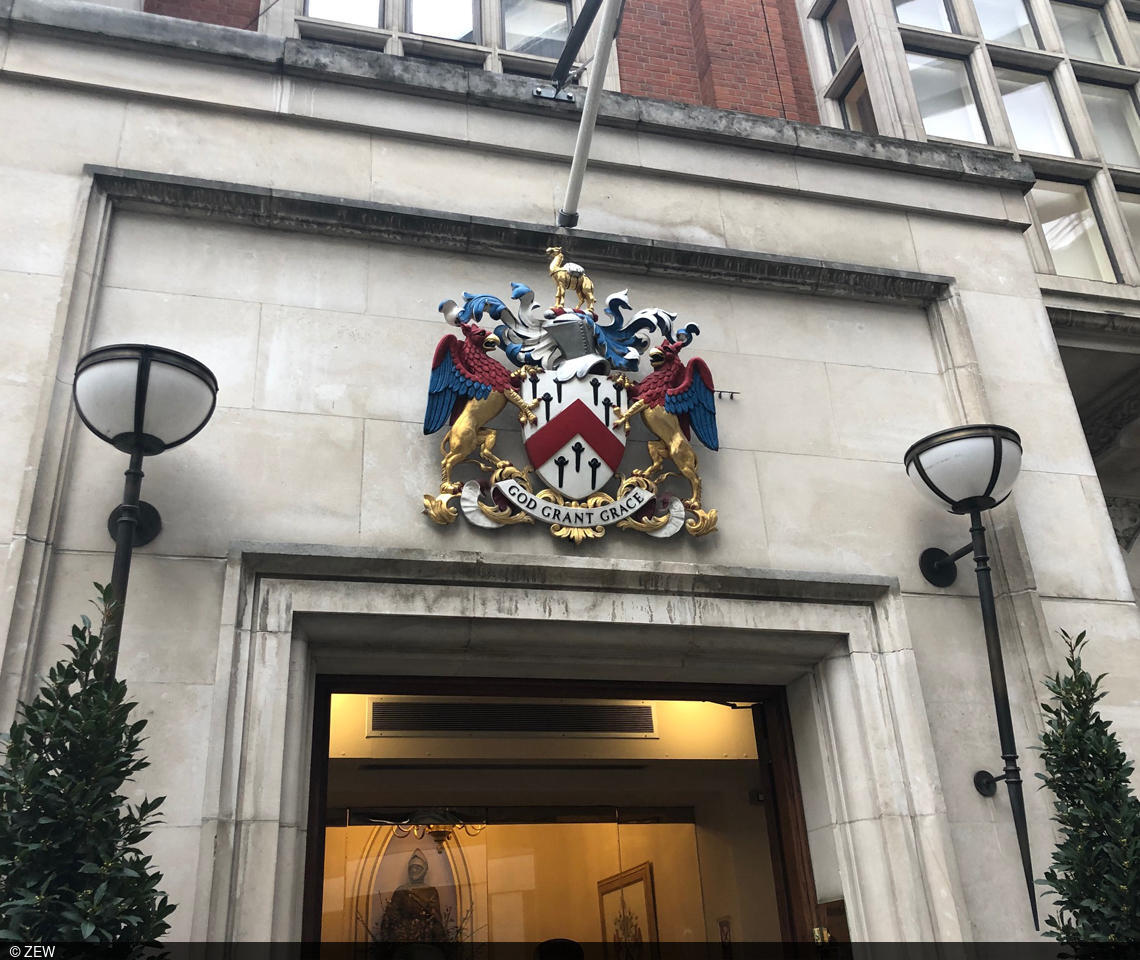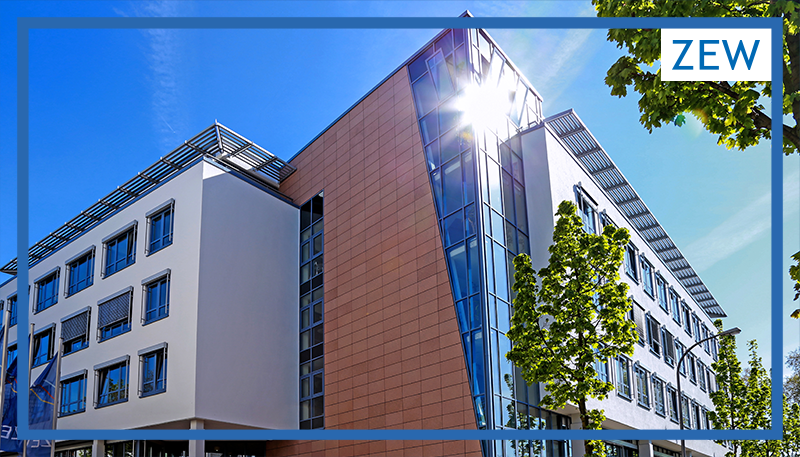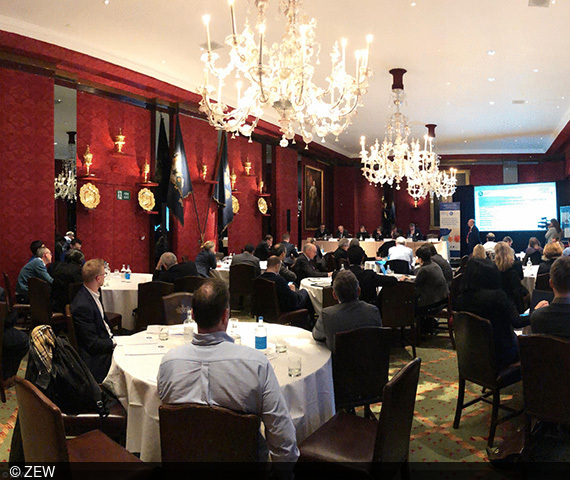FRAME Final Policy Conference Examines the Interaction Between Macroeconomics and Innovation Policy in London
ConferencesHow do macroeconomics and innovation policy interact? This question was discussed by international scholars and policy-makers at the FRAME Final Policy Conference in London on 18 and 19 February 2019. During the conference, the project participants presented the key results and discussed the related policy conclusions of the EU Horizon 2020 project FRAME (Framework for the Analysis of Research and Adoption Activities and their Macroeconomic Effects) with different end users of the project’s research results.
The aim of the FRAME project was to develop a toolkit to better assess the effects of innovation policies on key variables such as productivity and long-term growth. Central findings include new dynamic stochastic equilibrium (DSGE) models and new estimation techniques for total factor productivity (TFP), which help policymakers to develop a suitable research and innovation policy for Europe.
Concentration of innovation: Causes and consequences
Representatives from science and politics had the opportunity to discuss the main results with renowned guests within the framework of the final conference. The discussion on the causes and consequences of the concentration of innovation was led by researchers already acknowledged as leading experts in the field. Diego Comin, professor of economics and business at Dartmouth College and Research Fellow at CEPR, presented new insights on the effects of growth and productivity on inequality and polarisation. Harvard professor Philippe Aghion presented a study on the slowdown in long-term growth and the subsequent concentration of capital and industries due to the expansion of big firms. According to Aghion, the focus of innovation on so-called “superstar companies” like Amazon, Google and co. in the USA is one of the reasons for the weaker economic growth.
About FRAME
FRAME receives funding from the European Union’s research and innovation programme Horizon 2020 under the terms of Grant Agreement No. (CO-CREATION-08-2016/2017: Better integration of evidence on the impact of research and innovation in policy making, Grant No. 727073). The project is coordinated by ZEW and run by a number of renowned international institutions, including Bocconi University in Milan, the London Business School, the Centre for Economic Policy Research in London, Pompeu Fabra University in Barcelona and Lund University. The project is also supported by the Fraunhofer Gesellschaft.


